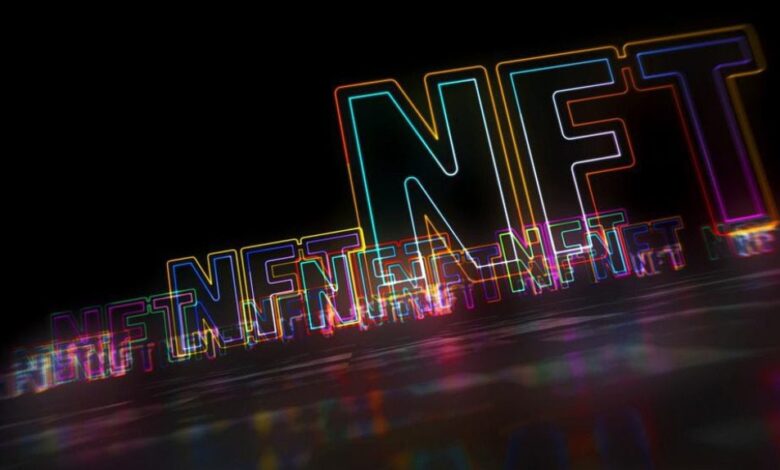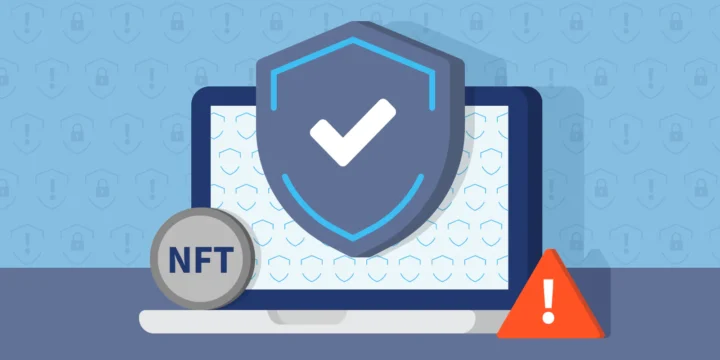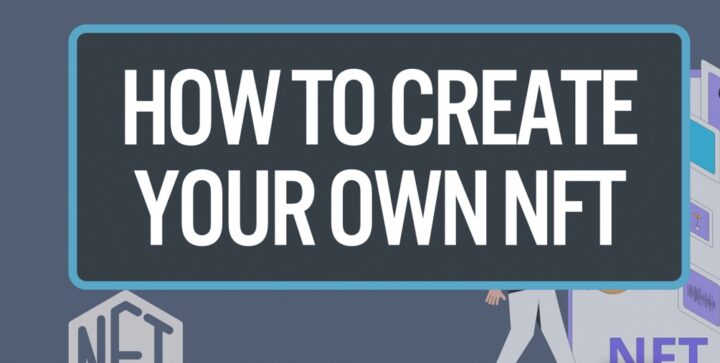How to Get an NFT and Make Money on it

Non-fungible tokens (NFTs) have been gaining in popularity recently as a revolutionary new form of digital asset ownership. They offer a unique way to buy and sell assets without the need for a third-party intermediary or middleman. With NFTs, individuals can now own digital assets that are stored on the blockchain. When purchasing NFTs, here are a few things to keep in mind:
- NFTs are created in limited series, so there will always be a scarcity of them, increasing the likelihood of finding a collector interested in them.
- Each NFT is unique and cannot be replicated.
- Upon purchasing an NFT, you will automatically receive a certificate of authenticity.
- In the world of NFTs, there is no distinction between “serious” and “non-serious” assets. Virtual real estate holds the same value and status as a gif file.

NFTs are a revolutionary way to buy, sell and own digital assets. Unlike fungible or interchangeable tokens like Bitcoin and Ethereum, NFTs are unique and non-interchangeable. Each token is stored on the blockchain, meaning that it is immutable and verifiable. This makes NFTs one of the safest ways to own digital assets as they cannot be destroyed, duplicated or counterfeited. They also take away the need for a third-party intermediary or middleman, making them much more cost-efficient.
NFTs can represent ownership of a wide variety of digital assets such as artwork, music, collectibles, virtual worlds and even real estate. These assets are then stored in special wallets that contain the non-fungible tokens which act as certificates of ownership for the asset itself. Some platforms also allow users to create their own NFTs by creating a smart contract so that others can buy them through an online marketplace or auction house.
The most common form of NFTs is ERC-721 tokens on the Ethereum blockchain but there are other blockchains with their own type of non-fungible token technology such as NEO and ICON’s ICX Tokens. These different types of tokens have different features and capabilities depending on which blockchain they use. For example, some projects offer rewards for holding their NFTs while others may have additional features like digital scarcity or anti-counterfeiting measures built in to protect against fraudsters manipulating prices.
Overall, Non-fungible tokens provide individuals with a secure form of asset ownership that is free from third party intermediaries and censorship resistant thanks to its storage on the blockchain . It allows users to own unique digital assets without worrying about duplication or counterfeit risks while leveraging the benefits offered by decentralized networks such as trustlessness and low transaction costs.
Potential Risks of Investing in NFTs

Investing in NFTs comes with a certain degree of risk, as with any form of investment. While NFTs are gaining in popularity and providing benefits such as digital scarcity and anti-counterfeiting measures, there are still potential risks that investors should be aware of before investing in NFTs.
One potential risk is network failure or hacking. With the rise of blockchain technology, the security and immutability of data stored on the blockchain has been widely discussed. However, due to the decentralized nature of blockchain networks, there is still a risk that a hacker may gain access to its data or cause a system failure which could lead to loss of funds or NFTs. To avoid such risks, investors should make sure they invest only in reputable platforms and ensure that their funds are secure by using reliable cold storage solutions like hardware wallets.
Another potential risk is market manipulation. As with traditional markets, the prices of NFTs can be easily manipulated due to its early stage of development and lack of regulatory oversight. This could lead to losses for investors who purchase tokens at artificially inflated prices due to market manipulation or false information spread about an asset’s performance or value. To mitigate this risk, investors should thoroughly research any investment opportunities before committing capital and perform due diligence on projects that interest them by reading white papers, asking questions on forums or social media platforms, and joining relevant communities where knowledgeable individuals can provide insights into markets trends.
Finally, investors need to consider liquidity risks when investing in NFTs as not all tokens will be easy to sell quickly due to low demand for some tokens on the secondary market. Investors should assess how liquid an asset is before committing capital by researching daily trading volumes on exchanges where the token trades or monitoring its listing on decentralized exchanges (DEXes). If an investor purchases a token without assessing its liquidity beforehand they may find it difficult to sell it later if needed which could result in significant losses if they have no other way out than holding their investment until demand increases or other buyers appear.
Creating Your Own NFT

NFTs are digital tokens you can buy and sell. Before buying, check if the token is easy to sell. Look at how much it trades each day on exchanges or websites like DEXes to see if people want it. If people don’t want it, you won’t be able to sell it later and could lose your money.
NFT trading can be worth it if you check the token’s liquidity before buying. Make sure people want to buy it by looking at how much it trades each day on exchanges or websites like DEXes. If no one wants it, you won’t be able to sell it later and could lose your money.
The concept of NFTs can be confusing and elicit a range of reactions, from skepticism to surprise. For example, you may wonder what it means to “own” a digital asset like an NFT, compared to owning a physical painting that hangs on a wall. However, as you gain more experience with NFTs, this confusion may dissipate. Just as people were once unsure about credit cards, now cash is no longer the only way to possess money. And just as a platinum card can hold more value than a pile of cash, NFTs can also hold significant value. This article provides a brief overview of the NFT world, and for those who want to learn more, our portal offers expert advice on how to build a competent crypto portfolio.
